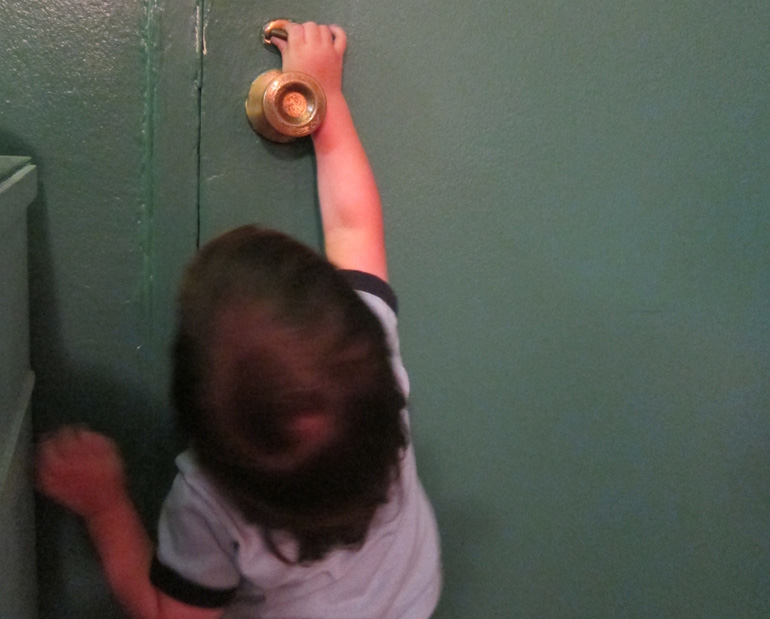Gotham Diary:
Triste
20 September 2011
The weather is glum here today, and so am I, because Kathleen is leaving for London tonight and won’t be back until late Saturday. I intend to battle my lowering spirits by going to the movies every day.
Also: I’m pooped. The exertions of the past week or so have finally caught up with me. Yesterday’s dissipated afternoon with Ray Soleil, climaxing in tea with Greenberg’s chocolate-dipped coconut macaroons, is what probably pushed me into the hither margins of oncoming-cold territory.
Have you seen the new issue of The Paris Review? There’s an interview with Dennis Cooper, whose novel Wrong I read years and years ago and got through even though I had no idea what was going on or, more to the point, why anybody was doing anything. In the interview, Cooper tells his onetime editor, Ira Silverberg, about the charms of his favorite sexual move, and while this account makes a certain kind of sense, it is not what I would call a fully human sense. On the contrary, there seems to be something fractured in Cooper’s makeup, something that prevents the union of the feelings that sympathy comprises. Either that, or his dialect of English is loaded with terms of art that are quite opaque to me.
Much more congenial is Lydia Davis’s collection of notes on translating, specifically on translating Madame Bovary, about which her thinking gleams with precision. Here she is discussing a variant in Flaubert’s description of the tile-roofed market in his fictional Yonville-l’Abbaye:Â
The word he uses for “posts” is poteaux, so my translation is quite exact just there. He mentions the marketplace three more time in the novels, however, and each time he refers to the poteaux as piliers, or “pillars.” I thought this was too massive a word for an element of a market structure, and I chose not to follow him but to retain “posts”:
Then, on a trip to France, following the GPS instructions to go north by way of a small town called La Bastide-sur-l’Hers, we turned left through the main square and I saw a covered market whose tile roof rested on what were undeniably massive pillars.
Fortunately, there was still time for one more change to the paperback edition.
Which I am going to have to read now. She quite exposes the excesses of Francis Steegmuller, who wrote the translation read by most people my age I should think, with his rendering the simple en écrivant as “as her pen flew over the paper.”
Now, what’s showing?

